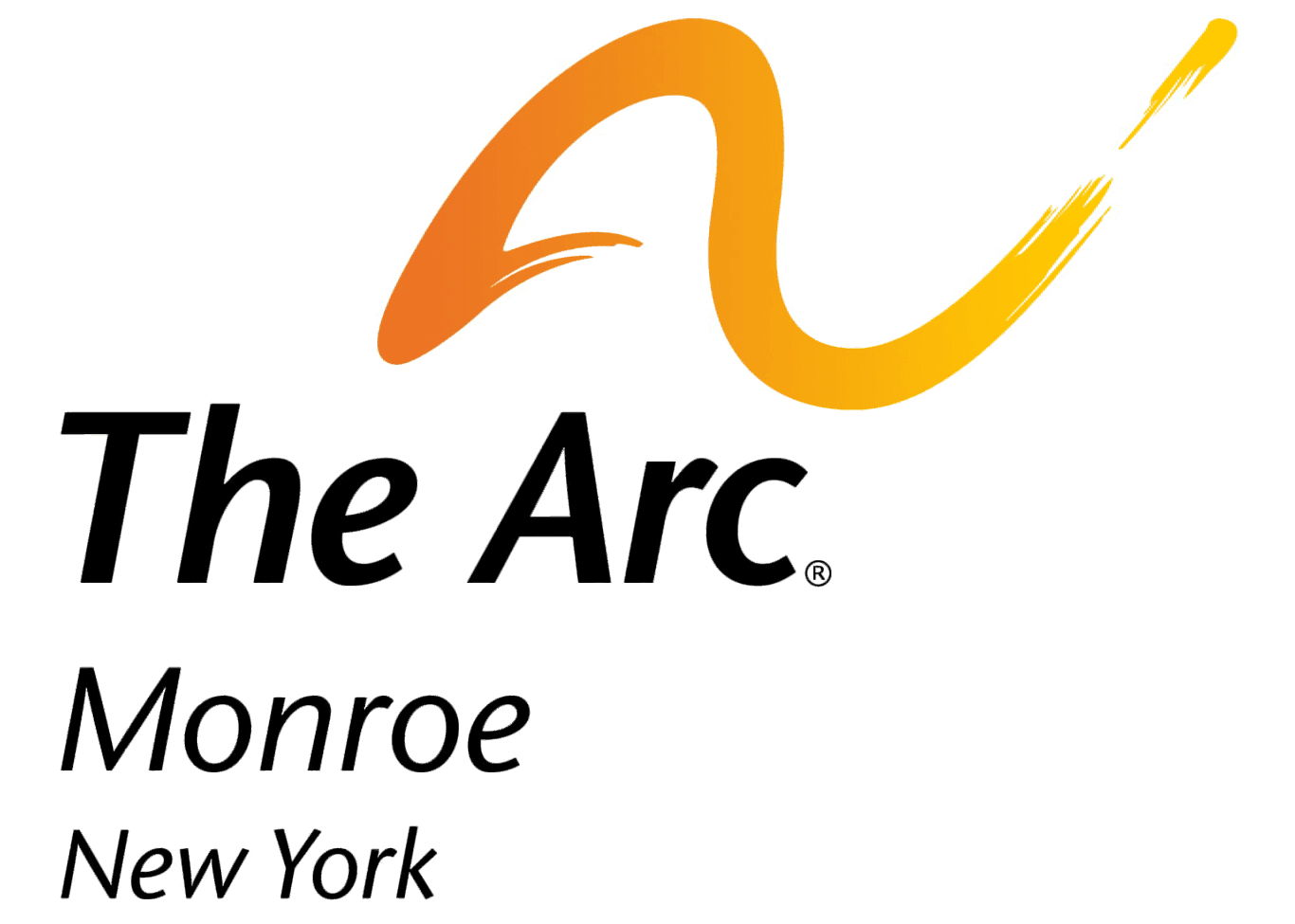Welcome to the New Year. Many people view ringing in January as a way to shed the woes of the previous year and look forward to what may come. And with that comes New Year’s resolutions: a promise to maintain good habits or to modify them into something else. Many people naturally strive to better themselves, and what they choose to do or not do is an expression of their true self. There are a few ‘rules’ you can follow to help accomplish the goals you set. We can use the classic example of weight loss, but this can extend to anything: finances, relationships, career, hobbies, time management, or sobriety.
Rule 1: The goal needs to be measurable and have an end date. Saying “I’m going to lose weight” does not have a meaningful timeframe that will help you accomplish that goal. Without an end date, it’s difficult to track progress. A number is measurable. Saying, “I want to save $10,000 by end of this year (12/31 or sooner),” or “I want to fit into my size 36” pants by June,” or “I will continue to abstain from illicit drug use this year (365 days) like the last 4 years” are all examples of attaching measurable timeframes to specific goals.
Rule 2: The goal must be reasonable and sustainable. This may require some research on your end, including potentially asking family, friends, or professionals for advice, depending on the goal you want to achieve. Proper research should involve multiple sources to get a consensus on what is most likely to work. It doesn’t have to be complicated, but running with just one source can often lead to trouble even if that one source is yourself. People’s circumstances are unique, and there are many professional resources that can help for free. The research might be boring, but it can provide a blueprint of what would work before it has started. Let’s use weight loss as an example. Rapid weight loss through radical diet changes is often not sustainable. If you try too much too fast, it could be a miserable experience. Most people revert to their regular diet aggressively. It creates a “yo-yo” effect with a result trending upward. Saving too much money too fast could be harsh if you start working so many extra hours and jobs that you get burnt out. Instead, you could save money by choosing to spend less where you’re able or just picking up a few hours every so often.
Rule 3: Keep your eye on the prize, and take a step back to remember why you made this goal. No one said it had to be some high and mighty virtue. “I want to look good” and “I want to stay healthy for my kids” are both entirely valid reasons to set a weight loss goal. Did you make this goal because you wanted to? It may be really hard to work on the goal if you can’t answer the why. Remember the prize. For example, if you want money for a hobby but you work so much that you don’t make time for that hobby, it defeats the purpose.
At The Arc of Monroe, talking through these ‘rules’ with the people we support is a foundational part of what we do every day. Our goal is to help people carefully consider their goals and empower them to achieve the goals they set. At least twice a year, we offer official meetings with a team of staff where the person we support chooses what they want their goals to be for the time period being discussed. They can choose to do or not do the goals throughout the year. They can also choose to change the goals. Whatever they choose is valid, and they experience the consequences accordingly. Freedom of expression through goals is the core philosophy that allows the person supported to not only survive, but thrive. These principles can be applied to anyone, including you. Reach for dreams of infinite possibility.
Dan JaFolla is an LPN at The Arc of Monroe. To connect with Dan, email him at djafolla@arcmonroe.org.
We hope this blog is helpful to you! Our Health Services team at The Arc of Monroe is a wealth of information. Our staff is made up of experienced professionals who primarily support people with disabilities. To learn more about who they are, visit our Health Services page. If you’re interested in working with us at The Arc of Monroe, visit our careers page. If you’d like to give and help make valuable resources like this possible, you can give online.
